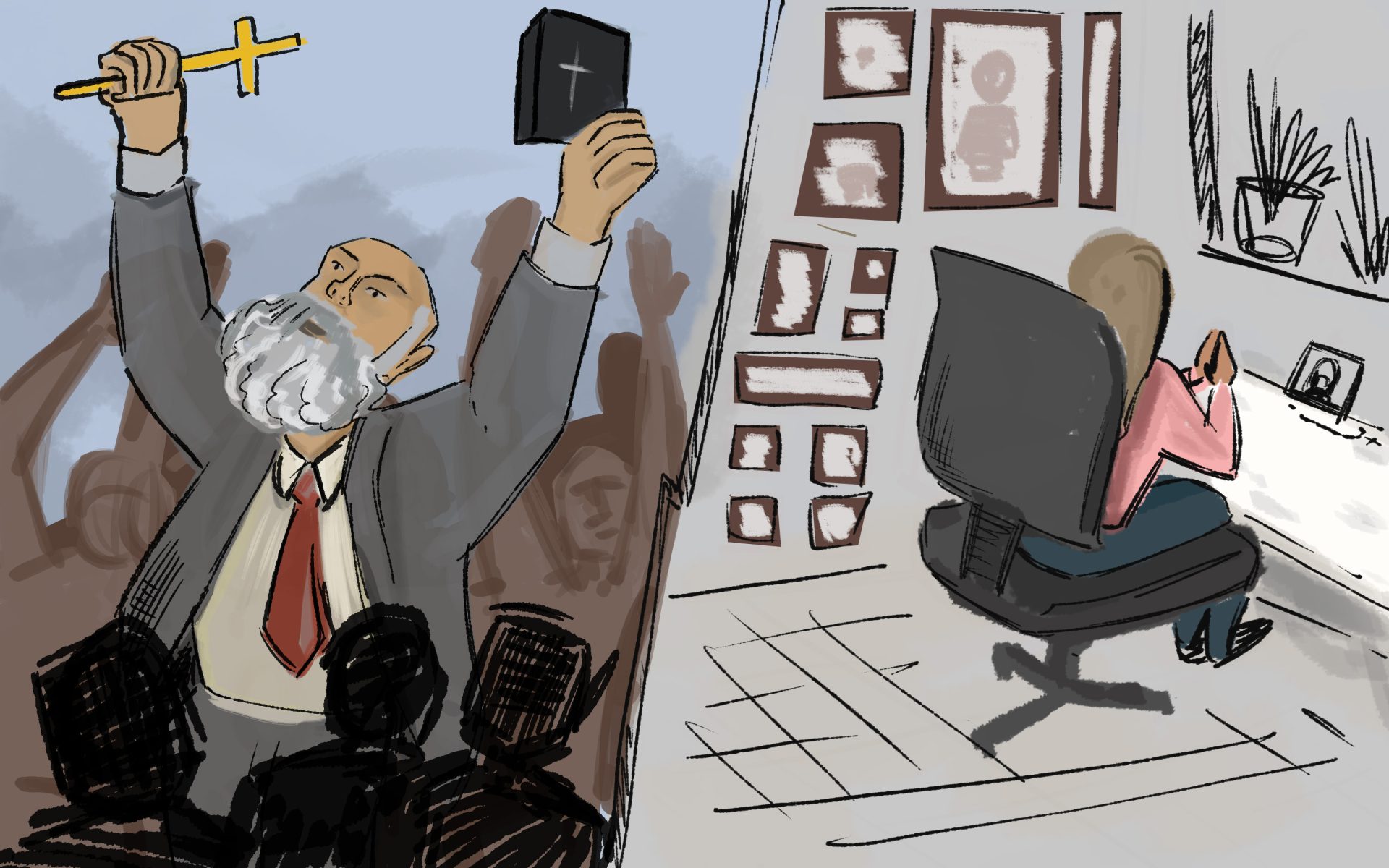Beyond Boundaries: Why Spirituality Doesn't Depend on Religious Institutions

When someone asks about my religious beliefs, I find myself hesitating, caught in a moment of introspection. The truth is, my relationship with religion is complex and nuanced. Throughout my childhood, I was deeply immersed in my religious community, participating in rituals, traditions, and gatherings that were an integral part of my upbringing.
Yet, as I've grown older, my understanding and connection to faith have become more intricate. The simple labels of "religious" or "non-religious" no longer seem to capture the depth of my spiritual journey. My experiences have shaped a personal perspective that transcends traditional categorizations, blending cultural heritage, personal reflection, and a continuous exploration of belief.
Today, I embrace the uncertainty, recognizing that spirituality is a deeply personal and evolving aspect of one's identity. Rather than feeling pressured to definitively declare my religious stance, I've learned to appreciate the beauty of questioning, learning, and remaining open to different perspectives on faith and meaning.
